Our company's main product, geomembrane, is a geosynthetic material used in engineering construction. It is made of high-density polyethylene (HDPE) material and has functions such as waterproofing, isolation, and reinforcement. Its main function is to form a waterproof layer in engineering projects to prevent water from penetrating into underground structures or soil to protect the safety and stability of underground structures. Geomembranes are widely used in fields such as water conservancy projects, road projects, and environmental protection projects, and play an important role in waterproofing, anti-seepage, isolation, and reinforcement.
Geomembranes are widely used in various engineering and environmental applications, and ecological engineering is one of its main application areas.
Geomembranes are mainly used in ecological engineering to control natural disasters such as desertification and soil erosion, and for soil protection and corrosion prevention in ecological restoration projects.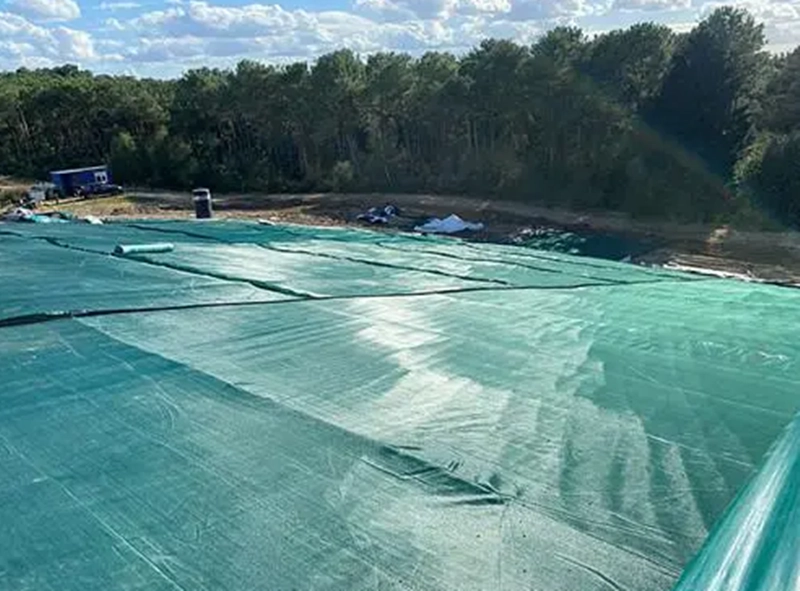
The advantages of Haoyang green geomembrane in the ecological environment
Geomembrane has the following advantages in ecological engineering management:
1. Prevent water and soil erosion: Geomembrane can cover the surface that is prone to water and soil erosion, forming an effective protective layer to prevent water from eroding the soil and reducing water and soil erosion.
The advantages of geomembrane in preventing water and soil erosion in ecological engineering management are mainly reflected in the following aspects:
(1) Covering and protection: Geomembrane can cover the land surface to form a strong protective layer, effectively preventing rainwater erosion and water erosion, and reducing the occurrence of soil erosion.
(2) Reinforcement and stability: Geomembrane can fix soil particles, increase the structural stability of the soil, prevent the soil from being impacted and denuded by external forces, and reduce soil loss and sedimentation.
(3) Improve water permeability: While covering the surface, the geomembrane can maintain the water permeability of the soil, allowing rainwater to quickly penetrate into the bottom layer of the soil, reducing the possibility of surface runoff and soil erosion.
(4) Protect vegetation: Geomembranes can provide a stable growth environment for vegetation, prevent vegetation from being affected by water and soil erosion, and protect the integrity and stability of the ecosystem.
(5) Reduce ecological damage: The application of geomembrane can effectively reduce the damage caused by water and soil erosion to the ecological environment, protect land resources and biodiversity, and promote the restoration and improvement of the ecological environment.
In summary, geomembranes have the advantage of preventing water and soil erosion in ecological engineering management, and can effectively protect land resources, maintain ecological balance, and promote the healthy development of the ecological environment.
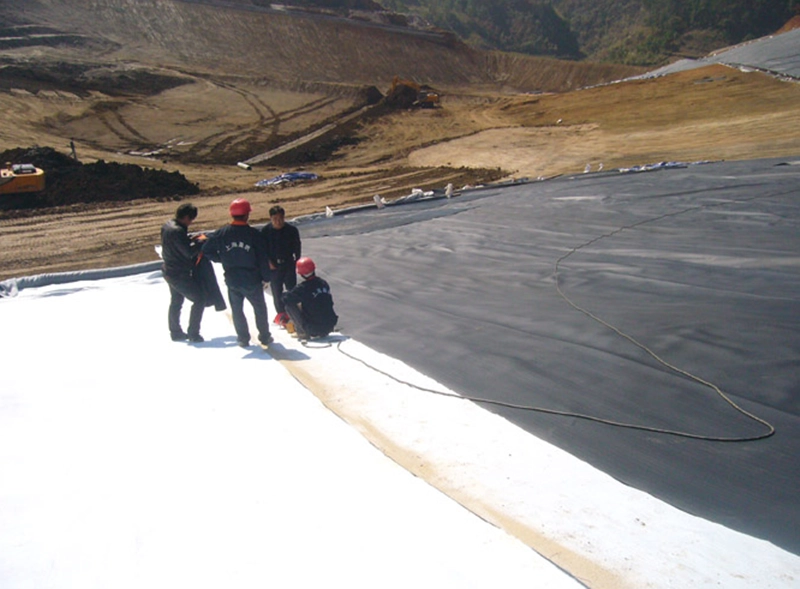
The advantages of Haoyang geomembrane in transforming the ecological environment of barren mountains
2. Solidification of desertification areas: In desertification and desertification areas, geomembranes can be used for surface coverage and solidification to prevent sand invasion, slow down the desertification process, and improve the land ecological environment.
The advantages of geomembrane in consolidating desertified areas in ecological engineering projects are mainly reflected in the following aspects:
(1) Prevent wind erosion: Geomembrane covering the deserted surface can effectively prevent the erosion of wind and sand, reduce the further expansion of desertified land, and protect surface vegetation and soil resources.
(2) Stabilize the surface structure: The geomembrane forms a solid covering layer that can fix sand and soil particles, increase the structural stability of the surface, and prevent natural disasters such as mudslides or landslides caused by wind and rain.
(3) Promote vegetation recovery: Geomembranes provide a suitable growth environment for desertified areas, which is conducive to the growth and rooting of plant roots, thereby promoting the recovery and growth of vegetation and slowing down the trend of desertification.
(4) Protect water resources: The coverage of geomembrane can reduce surface runoff and soil erosion, reduce the pollution of water resources by soil erosion and sandstorms, and maintain the hydrological balance of the ecosystem and the sustainable use of water resources.
(5) Improve land availability: Through the solidification effect of geomembrane, land in desertified areas has been effectively protected and improved, improving land availability and development potential, and providing potential for agriculture, animal husbandry and other production activities. Ongoing land resources support.
In summary, geomembranes have the advantage of solidifying desertified areas in ecological engineering projects. They can effectively prevent wind erosion, stabilize surface structures, promote vegetation restoration, protect water resources and improve land availability, and contribute to the restoration of the ecological environment in desertified areas. and provided important support for improvement.
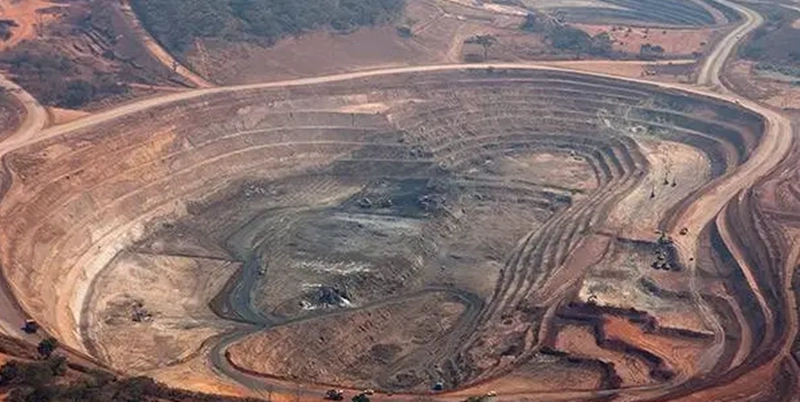
The advantages of Haoyang geomembrane in tailings transformation ecological environment
3. Repair the ecosystem: Through the application of geomembrane, damaged ecosystems can be repaired, vegetation coverage can be rebuilt, the ecological functions of the land can be restored, and the quality of the ecological environment can be improved.
The advantages of geomembrane in restoring ecosystems in ecological management projects are mainly reflected in the following aspects:
(1) Protect soil: Geomembrane can cover the surface of exposed soil to effectively prevent soil loss and erosion, protect the soil from the external environment, and is conducive to the accumulation of organic matter in the soil and the recovery of biodiversity.
(2) Promote vegetation growth: Geomembrane provides a good growth environment for plants, can maintain soil moisture, reduce water evaporation, provide stable support for root systems, promote plant growth and root development, and accelerate the recovery and luxuriance of vegetation.
(3) Improve hydrological conditions: Covering with geomembrane can reduce surface runoff and soil erosion, increase soil moisture retention capacity, improve hydrological conditions, facilitate groundwater recharge and hydrological circulation, and maintain the water balance of the ecosystem.
(4) Protect biological habitats: The application of geomembrane can restore and improve the land ecological environment, provide a more stable and suitable living environment for wild animals and plants, and protect the integrity and diversity of biological habitats.
(5) Reduce ecological disasters: By repairing the ecosystem, geomembranes can reduce the damage to the ecological environment caused by natural disasters such as mudslides and landslides, improve the ecosystem's resistance to natural disasters, and ensure the safety of humans and the ecological environment.
In summary, geomembranes have the advantage of restoring ecosystems in ecological management projects. They can protect soil, promote vegetation growth, improve hydrological conditions, protect biological habitats and reduce ecological disasters, and contribute to the restoration of ecosystems and biodiversity. made an important contribution to conservation.
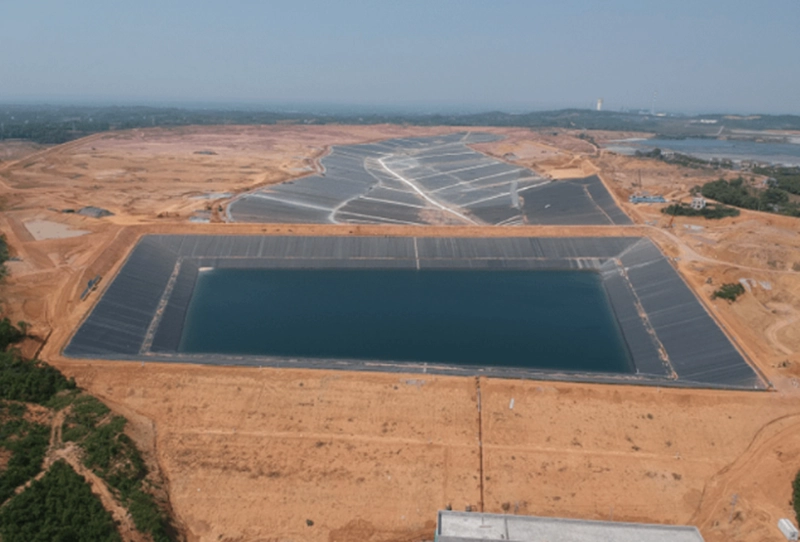
The advantages of Haoyang geomembrane in transforming wasteland into ecological environment
4. Control soil erosion: Geomembrane can be used as an effective soil protection measure to control soil erosion and sedimentation, reduce soil quality loss, and protect soil resources.
The advantages of geomembrane in controlling soil erosion in ecological engineering are mainly reflected in the following aspects:
(1) Covering and protection: Geomembrane can cover the surface of exposed soil to form an effective protective layer, blocking rainfall erosion and wind erosion, and reducing the loss and erosion of soil particles.
(2) Prevent water erosion: The anti-permeability performance of the geomembrane can effectively prevent rainwater from rapidly penetrating into the soil, reduce the erosion and erosion of the soil by water on the soil surface, and reduce the risk of soil erosion.
(3) Stable soil: Geomembrane can provide a stable soil surface, prevent the soil from loosening and collapsing due to water erosion, and maintain the overall stability and structural integrity of the soil.
(4) Promote vegetation growth: Geomembrane provides a relatively stable growth environment for plants, reduces the damage to plant roots caused by soil erosion, is conducive to the growth of vegetation and the rooting of roots, and further enhances the stability of the soil.
(5) Reduce soil loss: By blocking water flow and rainfall erosion, geomembranes can effectively reduce soil loss, maintain land fertility and surface morphology, and reduce land degradation and ecological environment deterioration.
In summary, geomembranes can effectively protect soil resources, maintain ecological balance, and promote the recovery and healthy development of ecosystems by controlling soil erosion in ecological engineering.
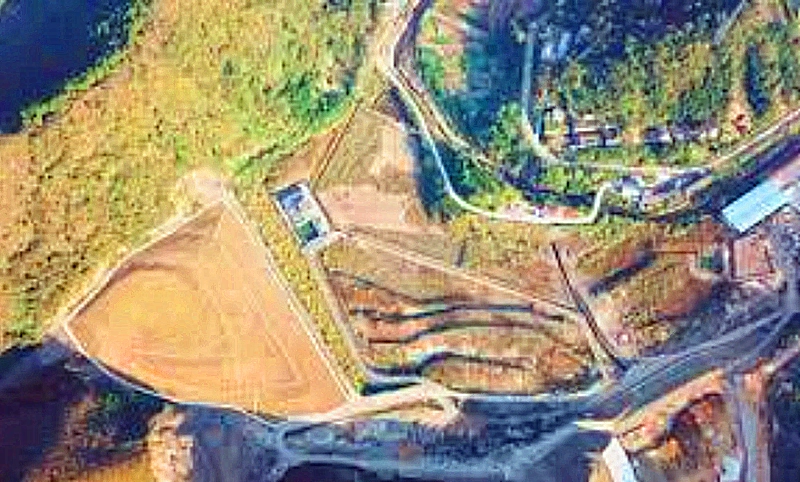
The effect of Haoyang geomembrane in transforming the ecological environment of tailings
5. Improve the stability of the ecosystem: The application of geomembrane helps to enhance the stability of the land, reduce the occurrence of natural disasters, and maintain the stability and balance of the ecosystem.
The advantages of geomembrane in improving ecosystem stability in ecological management projects are mainly reflected in the following aspects:
(1) Reduce soil erosion: Geomembrane can effectively reduce soil erosion by external factors such as water flow and wind, maintain the integrity and stability of the soil, and reduce soil loss.
(2) Improve the hydrological environment: Through the laying of geomembrane, the hydrological environment can be adjusted, the surface runoff and groundwater levels can be reduced, the waste and loss of water resources can be reduced, and the water resource utilization efficiency of the ecosystem can be improved.
(3) Enhance vegetation coverage: Geomembranes provide a stable growth environment for plants, protect plant roots, promote the recovery and growth of vegetation, and enhance the vegetation coverage of the ecosystem.
(4) Prevent land degradation: By preventing soil erosion and water waste, geomembranes help maintain the fertility and fertility of the land, prevent land degradation and desertification, and maintain the stability and health of the ecosystem.
(5) Improve the sustainable utilization capacity of land: The application of geomembrane can improve the quality and ecological environment of the land, enhance the sustainable utilization capacity of the land, and provide support and guarantee for the long-term stable development of the ecosystem.
In summary, geomembranes can effectively improve the stability of the ecosystem and promote ecological balance and sustainable development by reducing soil erosion, improving the hydrological environment, enhancing vegetation coverage, and preventing land degradation in ecological engineering management.
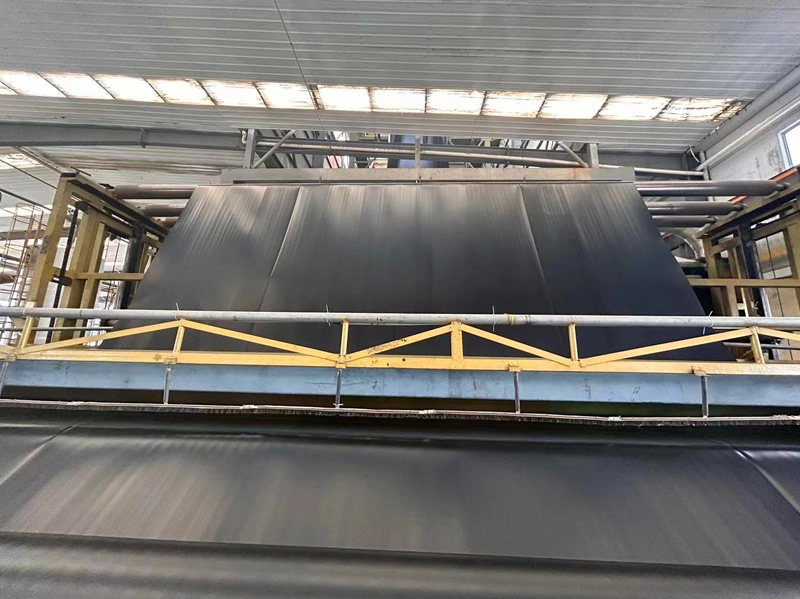
Haoyang's largest geomembrane production workshop is in production
6. Water resources management: Through the drainage and anti-seepage functions of geomembrane, water resources can be effectively managed, the waste and overuse of water resources can be avoided, and soil and water conservation and sustainable development can be achieved.
The advantages of geomembrane in water resources management in ecological engineering are mainly reflected in the following aspects:
(1) Water quantity control: Geomembranes can be used to construct water management facilities, such as reservoirs, ponds, etc., through anti-penetration and waterproof functions, to reduce the loss and waste of water resources and achieve effective control and management of water quantity.
(2) Water quality protection: Geomembrane can be used as an anti-permeability layer on water body slopes to prevent groundwater and surface water from penetrating each other, prevent groundwater from being invaded by pollutants, and protect the cleanliness and safety of water quality.
(3) Water conservation: Through the anti-infiltration function of geomembrane, the evaporation and leakage loss of water resources can be effectively reduced, the utilization efficiency of water resources can be improved, and the conservation and rational utilization of water resources can be achieved.
(4) Irrigation management: Geomembranes can be used in the construction of irrigation systems. Through the laying of anti-permeability layers, the waste and excessive discharge of irrigation water can be reduced, and the management and control of irrigation water quantity and quality can be achieved.
(5) Prevent the decline of groundwater levels: Geomembranes can also be used to prevent the decline of groundwater levels in water resources management. By preventing excessive extraction and leakage of groundwater, they maintain the stability of groundwater levels and maintain the continuous supply of water resources.
In summary, geomembranes can effectively protect water quality, save water resources, regulate water quantity, and manage irrigation through the advantages of water resources management in ecological engineering projects, promote the rational use and protection of water resources, and realize the ecological environment sustainable development.
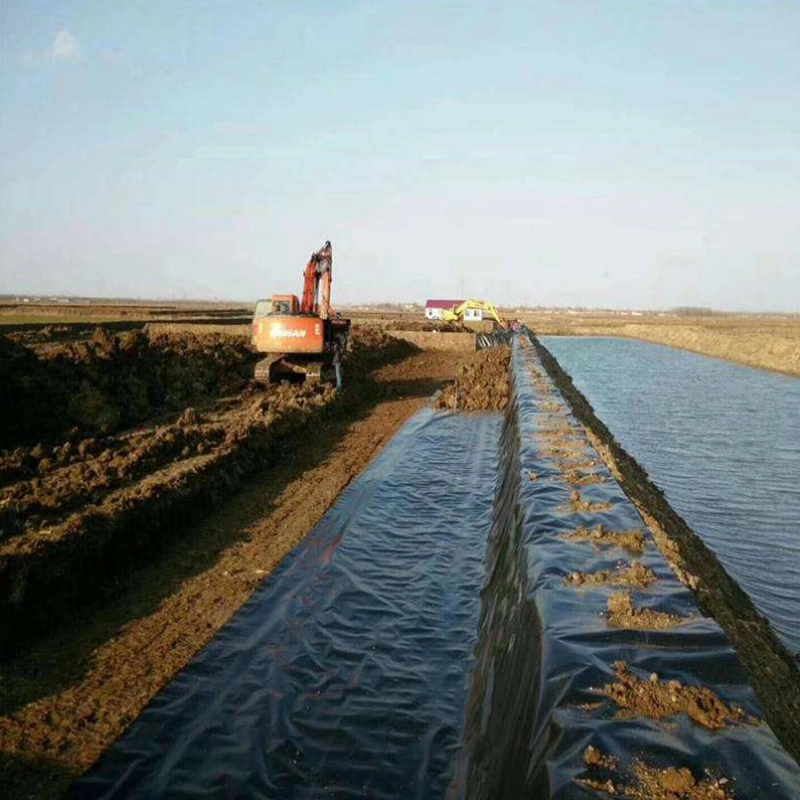
Haoyang geomembrane is in the process of transforming and constructing wasteland
In summary, geomembranes have many advantages in ecological protection, desertification control and soil erosion projects, such as preventing soil erosion, solidifying desertified areas, repairing ecosystems, controlling soil erosion, improving ecosystem stability and water resources management, etc. It is of great significance for improving the ecological environment, protecting land resources and promoting sustainable development.
How to give full play to the advantages of geomembrane in ecological management?
Leveraging the advantages of geomembranes in ecological management requires careful planning, proper installation, and ongoing monitoring. Here are key steps to give full play to the benefits of geomembranes in ecological contexts:
Site Assessment:
Conduct a thorough site assessment to understand the ecological context, including soil types, water flow patterns, and potential contaminants.
Identify the specific challenges and goals of ecological management in the area.
Appropriate Material Selection:
Choose the right type of geomembrane material based on the site conditions and the intended ecological management goals.
Consider factors such as chemical resistance, durability, and compatibility with the surrounding environment.
Effective Liner System Design:
Design a comprehensive liner system that may include geomembranes, geotextiles, and other materials.
Ensure that the liner system is tailored to the specific needs of ecological management, such as preventing contaminant migration or enhancing water retention.
Proper Installation Techniques:
Follow industry best practices and manufacturer guidelines for geomembrane installation.
Ensure that seams are properly welded or bonded to create a continuous and secure barrier.
Erosion Control Measures:
Implement erosion control measures, such as using geomembranes in areas prone to soil erosion.
Geomembranes can stabilize soil and prevent the loss of valuable topsoil, supporting the establishment of vegetation.
Water Conservation:
Utilize geomembranes to create water retention structures, such as ponds or reservoirs, to conserve water for ecological purposes.
Implement efficient irrigation systems with geomembrane-lined channels to minimize water wastage.
Contaminant Prevention and Remediation:
Employ geomembranes in areas where contaminants are a concern, such as landfill sites or areas with industrial activities.
Geomembranes act as barriers to prevent the migration of pollutants and facilitate effective remediation efforts.
Aquatic Habitat Management:
Use geomembranes in the construction of ponds, wetlands, or other aquatic habitats to control water levels and create suitable environments for aquatic organisms.
Ensure that geomembrane materials are selected to support the specific needs of the targeted species.
Monitoring and Maintenance:
Establish a monitoring program to regularly assess the performance of the geomembrane liner system.
Conduct inspections for signs of damage, wear, or potential issues that may compromise the ecological management goals.
Adaptive Management:
Implement an adaptive management approach, allowing for adjustments based on changing ecological conditions or project requirements.
Continuously assess the effectiveness of the geomembrane solution and make improvements as needed.
Community Engagement:
Involve local communities, stakeholders, and ecological experts in the planning and decision-making processes.
Consider the ecological and social context to ensure that geomembrane solutions align with community and environmental goals.
By carefully considering the unique characteristics of the site and applying geomembranes strategically, it is possible to enhance ecological management, protect natural resources, and promote sustainable practices.
![]() 0.75 Double-sided smooth HDPE geomembrane.pdf
0.75 Double-sided smooth HDPE geomembrane.pdf
![]() 1mm Single-texture HDPE geomembrane.pdf
1mm Single-texture HDPE geomembrane.pdf
![]() 2mm Single-texture HDPE geomembrane.pdf
2mm Single-texture HDPE geomembrane.pdf
![]() 1 Double-sided smooth HDPE geomembrane.pdf
1 Double-sided smooth HDPE geomembrane.pdf

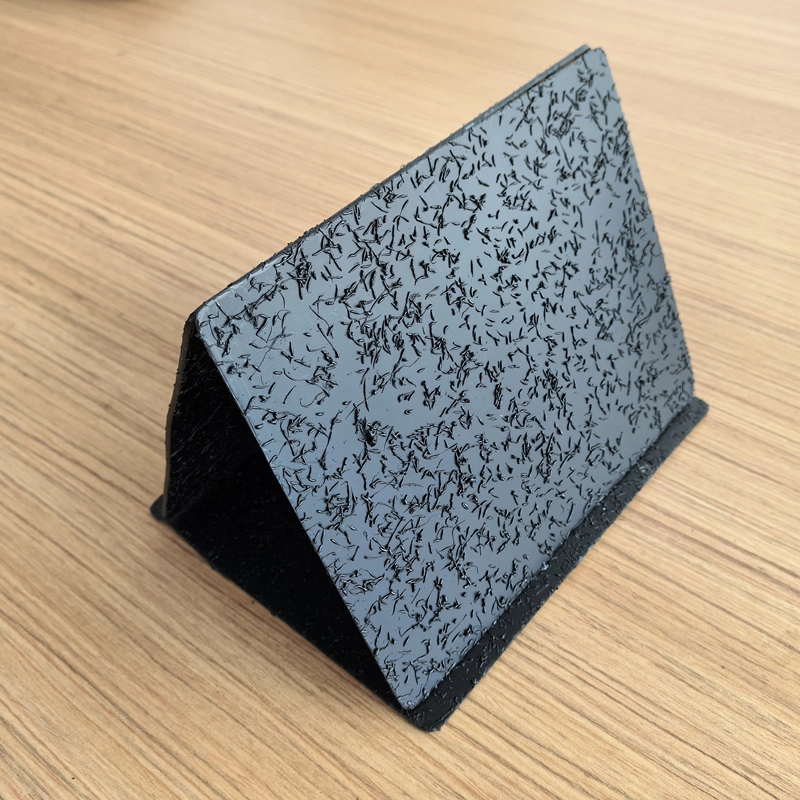
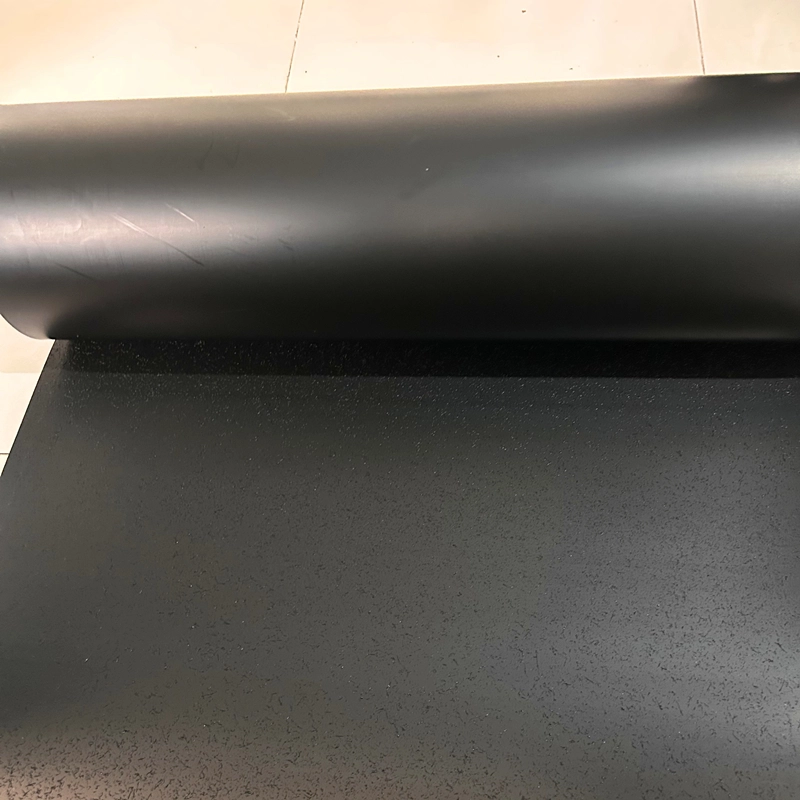
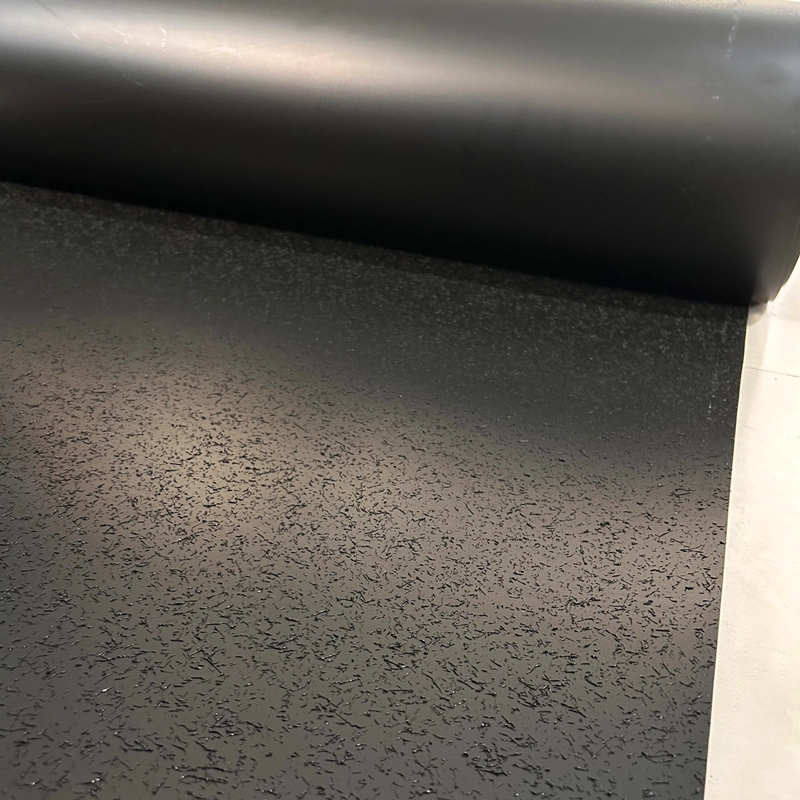
503.webp)
759.webp)
942.webp)
237.webp)
106.webp)